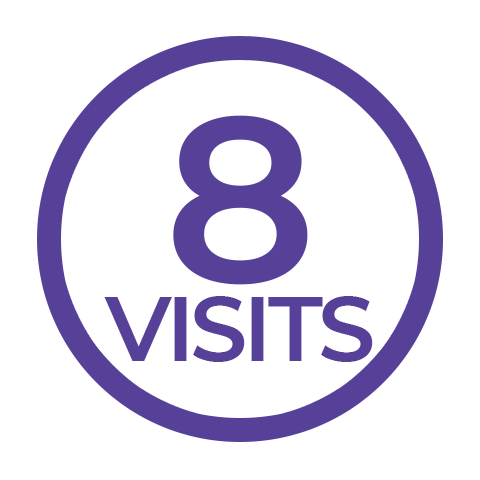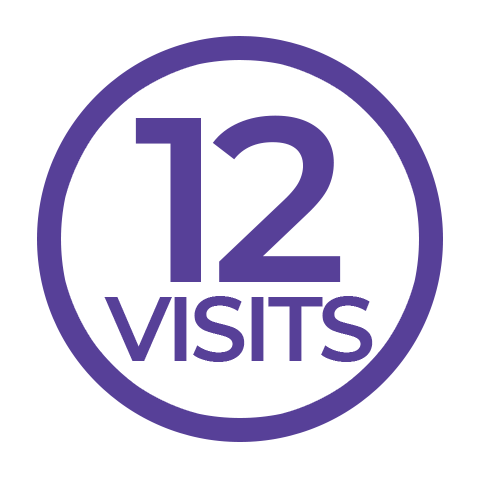
Experimental Therapy for Patients Who Have
Acute Myeloid Leukemia (AML)
We're evaluating an experimental placenta-derived cell therapy (CYNK-001) in patients with AML
The purpose of this study is to test the safety and effectiveness of the investigational treatment CYNK-001 in adults with AML. The study plans to identify the most appropriate dose of CYNK-001 and determine if the treatment may improve or worsen AML.
Location

Swedish Hospital
1221 Madison Street
Seattle, Washington, 98104
Investigator

Daniel Egan, MD
Swedish Hospital
Study Description
When patients are treated for acute myeloid leukemia, they sometimes respond by having a complete remission. While this can be promising news, there may be a small amount of AML disease left in some patients. This is called a residual disease that can increase the chances of AML returning.
In some patients who reach remission, AML returns. This is called AML relapse. Other patients never achieve remission, even after anti-AML treatments. This is called refractory AML. The term relapsed/refractory AML or R/R AML is used to describe the AML disease in these patients.
The investigational product being studied for the treatment for AML is called CYNK-001. CYNK-001 is a liquid that contains a type of immune cell called Natural Killer (NK) cells. CYNK-00l is made from stem cells collected from placentas donated after the birth of healthy, full-term babies. This study, CYNK-001-AML-001, is designed to test how safe the CYNK-001 treatment is and whether the treatment works in patients with AML who may have residual disease or people with R/R AML.
Length of Study
The study can take up to approximately 13-14 months. Your doctor will advise if you should remain in the hospital and for how long during any period of the study. This may affect the number of visits you make to the treatment center.
The study periods include the following:
PART 1
SCREENING

PART 2
TREATMENT

PART 3
FOLLOW-UP

- Treatment Eligibility Screening Period: It will assess your eligibility to participate in the study (approximately 2-4 weeks)
- Treatment Period: Treatment will be given in two parts (approximately 1 month total):
- Lymphodepletion (4 days)
- CYNK-001 Treatment (28 days)
- Follow-up Period: Tests will be performed to evaluate safety and disease status (approximately 11 months)
OVERVIEW
AGE: 18-80 years old
GENDER: Any
HEALTHY VOLUNTEERS: No
KEYWORDS: AML, Acute myeloid leukemia, CYNK-001, Placenta stem cells
TYPE: Phase 1, Cellular Immunotherapy
TARGET: 56 Participants
WHO MAY PARTICIPATE?
(The study doctor will discuss and review with you the full list of study qualifications required to participate in this clinical trial)
Patients with AML in minimal residual disease positive AML OR relapsed/refractory AML
Patients between 18 and 80 years of age
Patients who are willing and able to adhere to study procedures and attend study visits
Have any questions or want to learn more?
Please contact the site coordinator with your questions via email.
Resources: NCT04310592


